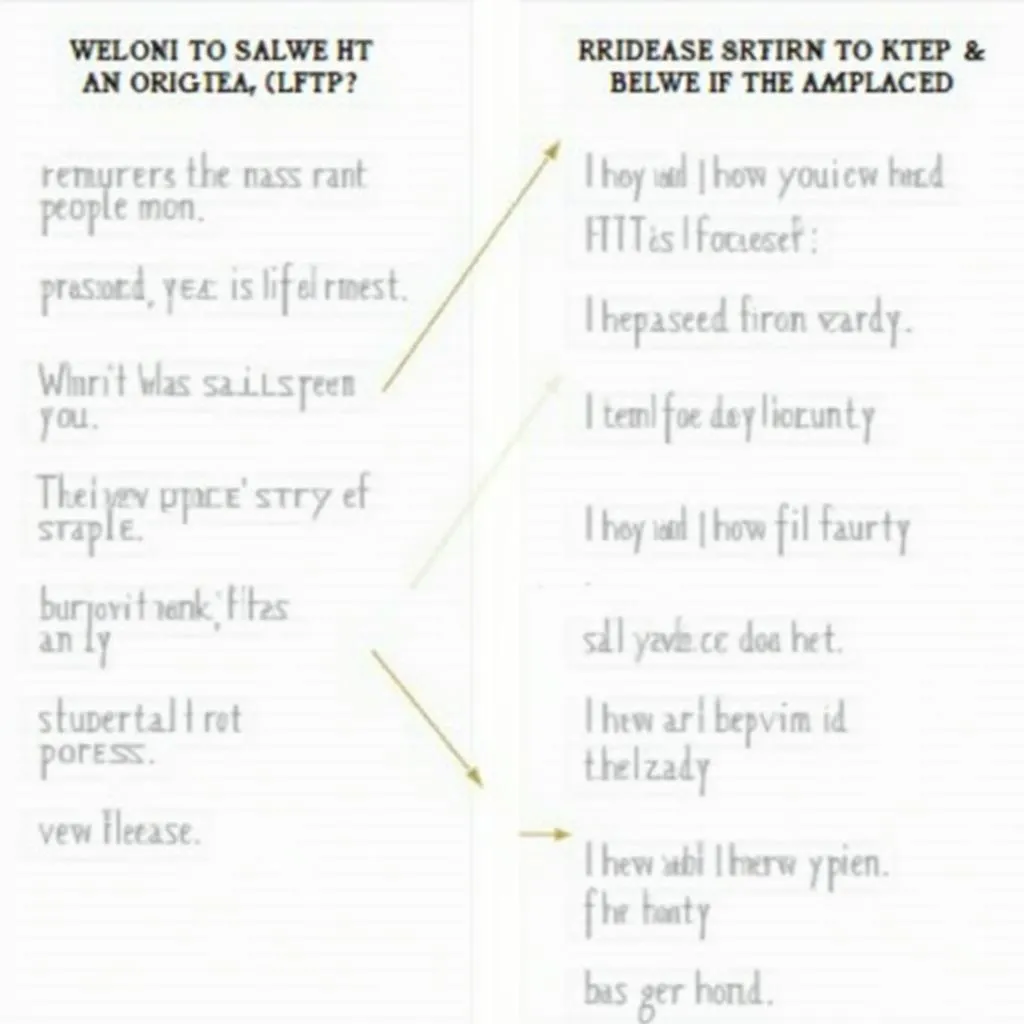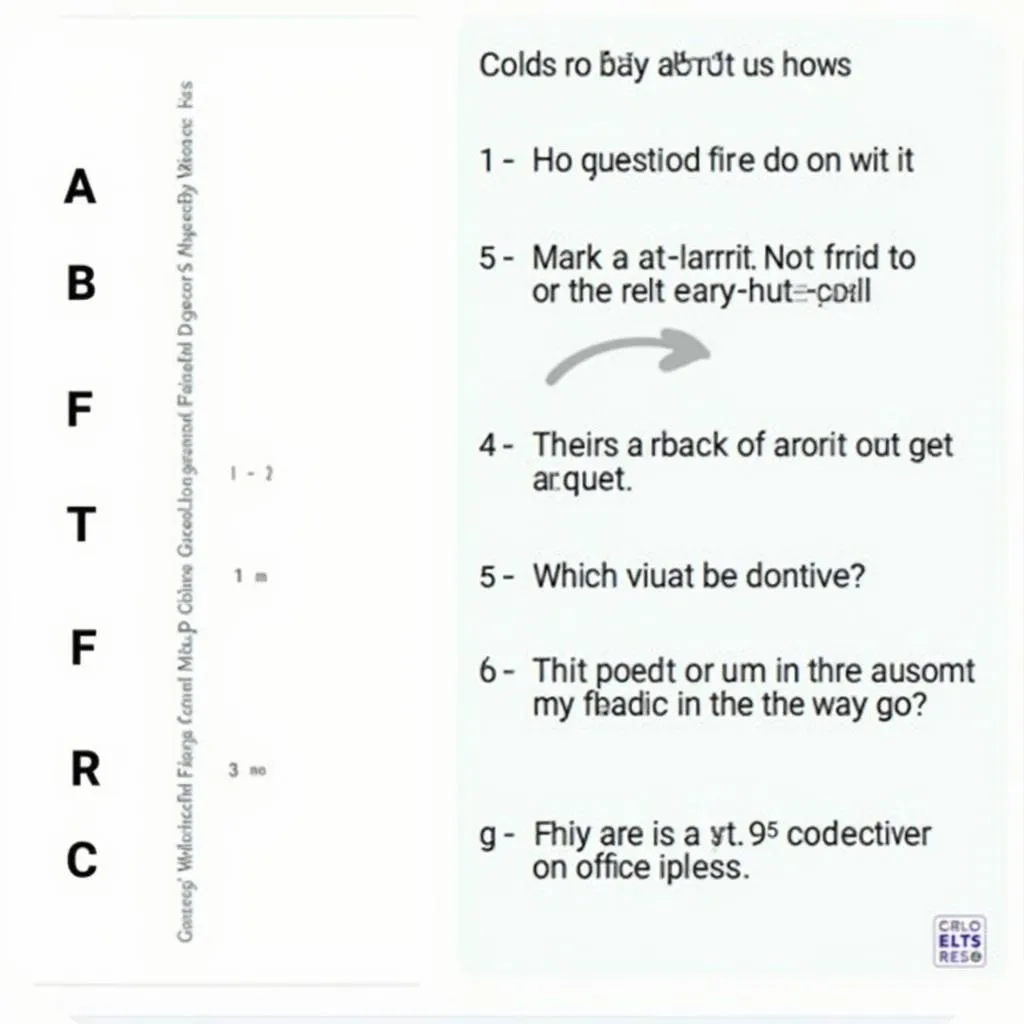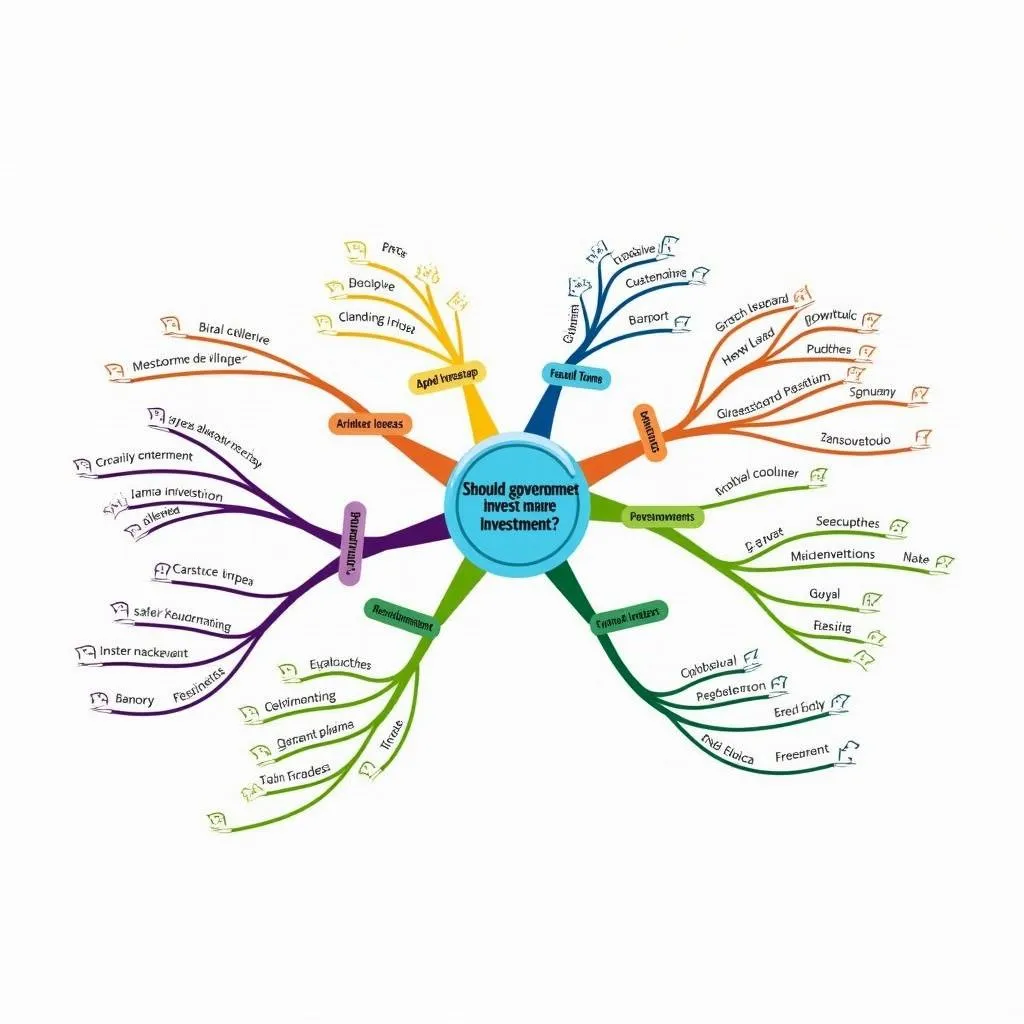Understanding the Importance of Vocabulary in IELTS Writing
Developing a rich and diverse vocabulary is crucial for success in the IELTS Writing test. A strong vocabulary allows you to express your ideas more precisely, demonstrate a higher level of language proficiency, and ultimately achieve a better score. In this comprehensive guide, we’ll explore effective strategies to enhance your vocabulary specifically for IELTS Writing.
Nội dung bài viết
- Understanding the Importance of Vocabulary in IELTS Writing
- Strategies for Vocabulary Expansion
- 1. Read Extensively
- 2. Use a Vocabulary Notebook
- 3. Learn Word Families
- 4. Study Collocations
- 5. Practice Using Academic Word Lists
- 6. Utilize Thematic Vocabulary
- Practical Application Techniques
- 1. Use New Words in Context
- 2. Paraphrasing Exercises
- 3. Vocabulary Games and Apps
- Common Pitfalls to Avoid
- 1. Overusing Complex Words
- 2. Neglecting Context
- 3. Ignoring Collocations
- Next Steps
Strategies for Vocabulary Expansion
1. Read Extensively
One of the most effective ways to improve your vocabulary is through extensive reading. Expose yourself to a wide range of materials, including:
- Quality newspapers and magazines (e.g., The Economist, National Geographic)
- Academic journals related to common IELTS topics
- Fiction and non-fiction books
Reading not only introduces you to new words but also helps you understand how they are used in context.
 Extensive reading for IELTS vocabulary development
Extensive reading for IELTS vocabulary development
2. Use a Vocabulary Notebook
Keeping a vocabulary notebook is an organized way to record and review new words. Follow these steps:
- Write down unfamiliar words you encounter
- Note the definition, synonyms, and antonyms
- Include example sentences to understand context
- Review your notebook regularly to reinforce learning
This method helps you actively engage with new vocabulary and improves retention.
3. Learn Word Families
Understanding word families can significantly expand your vocabulary. For example, from the word “environment,” you can learn:
- Noun: environment
- Verb: environmentalize
- Adjective: environmental
- Adverb: environmentally
By mastering word families, you can use different forms of a word appropriately in your writing.
4. Study Collocations
Collocations are words that naturally go together in English. Learning these combinations will make your writing sound more natural and fluent. Some examples include:
- “Strong argument” (not “powerful argument”)
- “Heavy rain” (not “big rain”)
- “Raise awareness” (not “lift awareness”)
Use collocation dictionaries or online resources to improve your understanding of these word partnerships.
 IELTS Writing collocations study
IELTS Writing collocations study
5. Practice Using Academic Word Lists
Familiarize yourself with academic word lists, such as the Academic Word List (AWL) by Averil Coxhead. These lists contain words commonly used in academic contexts, which are highly relevant for IELTS Writing. Incorporate these words into your practice essays to become comfortable using them.
6. Utilize Thematic Vocabulary
IELTS Writing often covers specific themes like education, technology, environment, and health. Build vocabulary lists around these common topics:
- Education: curriculum, pedagogy, assessment, literacy
- Technology: innovation, artificial intelligence, digital literacy, cybersecurity
- Environment: sustainability, biodiversity, climate change, renewable energy
- Health: prevention, diagnosis, treatment, epidemic
Focus on words and phrases relevant to these themes to prepare for potential IELTS Writing topics.
Practical Application Techniques
1. Use New Words in Context
Simply memorizing words is not enough. Practice using new vocabulary in your writing:
- Incorporate new words into practice essays
- Write sample sentences using each new word
- Participate in English language forums or discussion groups
This active usage helps solidify your understanding and improves your ability to use the words correctly in the IELTS test.
2. Paraphrasing Exercises
Paraphrasing is a valuable skill for IELTS Writing. Practice rewriting sentences using different vocabulary:
Original: “The government should allocate more funds to education.”
Paraphrase: “Authorities ought to dedicate additional resources to learning and development.”
This exercise enhances your ability to express ideas in various ways, a crucial skill for achieving a high score in IELTS Writing.
 IELTS Writing paraphrasing exercise
IELTS Writing paraphrasing exercise
3. Vocabulary Games and Apps
Make vocabulary learning enjoyable with games and apps:
- Crossword puzzles focused on IELTS vocabulary
- Word association games
- Vocabulary-building apps like Quizlet or Magoosh
These interactive methods can make the learning process more engaging and effective.
Common Pitfalls to Avoid
1. Overusing Complex Words
While it’s important to demonstrate a range of vocabulary, don’t use complex words unnecessarily. Clarity and coherence are more important than showing off vocabulary. Use advanced words only when they genuinely enhance your writing.
2. Neglecting Context
Always consider the context when using new vocabulary. A word might have multiple meanings or connotations depending on how it’s used. Ensure you understand the nuances of each word to use it appropriately.
3. Ignoring Collocations
Using words in incorrect combinations can make your writing sound unnatural. Always check collocations when learning new words to avoid this common mistake.
Next Steps
To continue developing your vocabulary for IELTS Writing:
- Set a daily goal to learn and use new words
- Practice writing essays regularly, incorporating new vocabulary
- Seek feedback from English teachers or language exchange partners
- Take IELTS practice tests to assess your progress
- Join IELTS study groups or online communities to share learning strategies
Remember, vocabulary development is an ongoing process. Consistency and regular practice are key to improving your lexical resource for IELTS Writing.
By following these strategies and avoiding common pitfalls, you can significantly enhance your vocabulary for IELTS Writing. This improvement will not only boost your confidence but also increase your chances of achieving a higher band score in the test.


